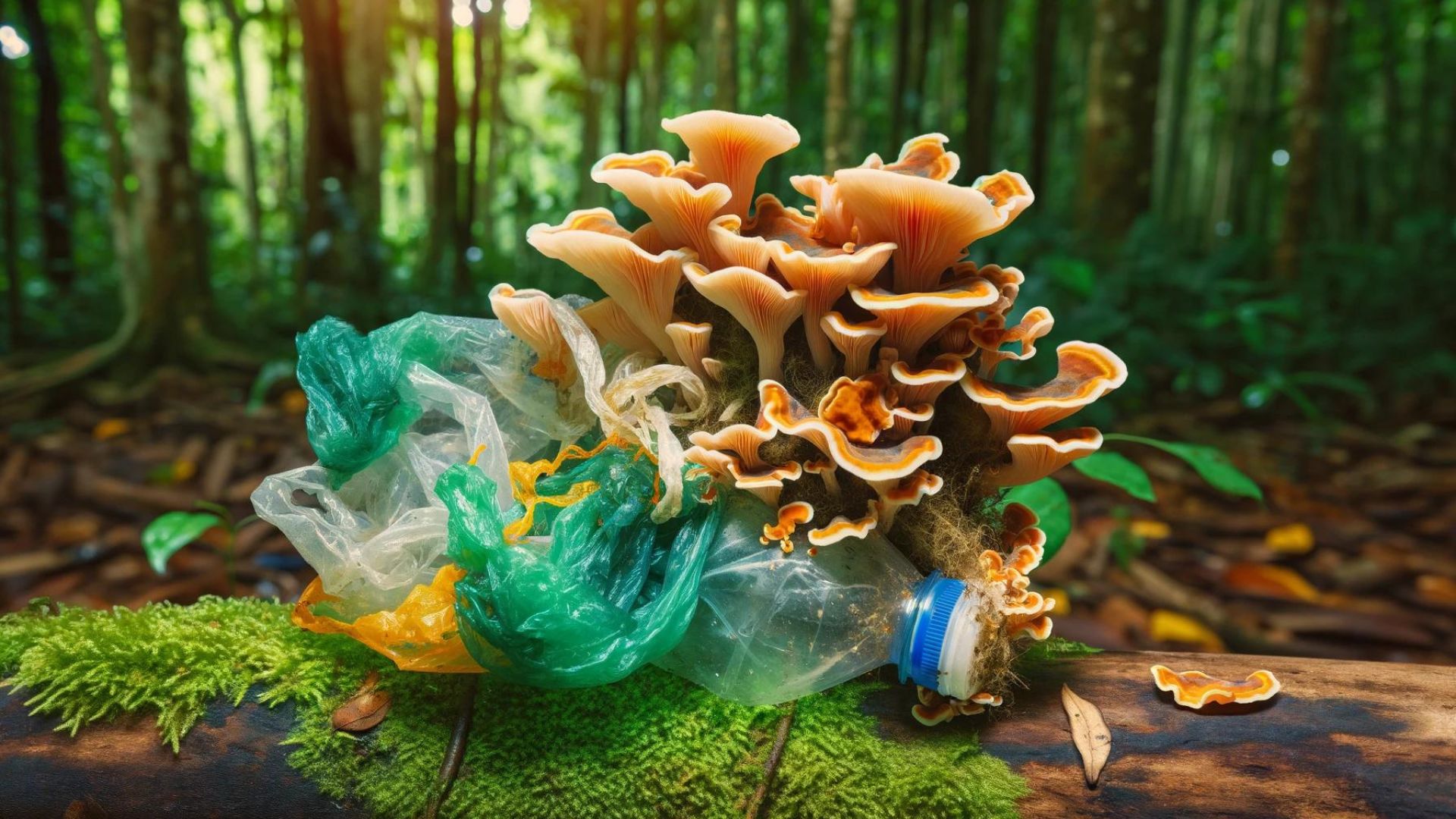Plastic-Eating Fungi: A Glimmer of Hope for a Polluted Planet
Our world is drowning in plastic. Every year, millions of tons of plastic waste end up in landfills, oceans, and natural environments, wreaking havoc on ecosystems and threatening wildlife. But amidst this dire situation, a surprising hero has emerged: plastic-eating fungi.
The Discovery of a Natural Recycler
In recent years, scientists have discovered several species of fungi capable of breaking down various types of plastic, including polyethylene terephthalate (PET), polyurethane, and polystyrene. These fungi possess enzymes that can degrade plastic polymers into smaller, less harmful molecules, effectively turning waste into food.
How It Works
Plastic-eating fungi work their magic through a process called bioremediation. This involves using living organisms to clean up contaminated environments. In the case of plastic-eating fungi, the enzymes they produce break down the complex chemical bonds in plastics, transforming them into simpler substances that can be used as nutrients or further decomposed by other microbes.
Potential Applications
The potential applications of plastic-eating fungi are vast and exciting:
- Waste Management: Fungi could be used to break down plastic waste in landfills, reducing the amount of space they occupy and mitigating their environmental impact.
- Pollution Cleanup: Fungi could be deployed to contaminated sites, such as beaches and oceans, to help remove and degrade plastic debris.
- Recycling: Fungi could be incorporated into recycling processes to break down plastics that are currently difficult to recycle, like multi-layered packaging.
- Bioplastics Production: Some fungi can even produce bioplastics, offering a sustainable alternative to petroleum-based plastics.
Challenges and Considerations
While plastic-eating fungi offer immense potential, there are challenges to overcome:
- Scalability: Developing efficient and scalable methods for using fungi to break down large quantities of plastic waste remains a significant hurdle.
- Environmental Impact: Releasing genetically modified fungi into the environment raises concerns about potential ecological consequences.
- Time: Bioremediation with fungi can be a slow process, and it may not be suitable for all types of plastic pollution.
A Brighter Future with Fungi?
Despite the challenges, the discovery of plastic-eating fungi is a beacon of hope in the fight against plastic pollution. Further research and development could unlock the full potential of these amazing organisms, paving the way for a more sustainable and eco-friendly future.
By harnessing the power of nature, we may find a solution to one of the most pressing environmental issues of our time.











0 Comments